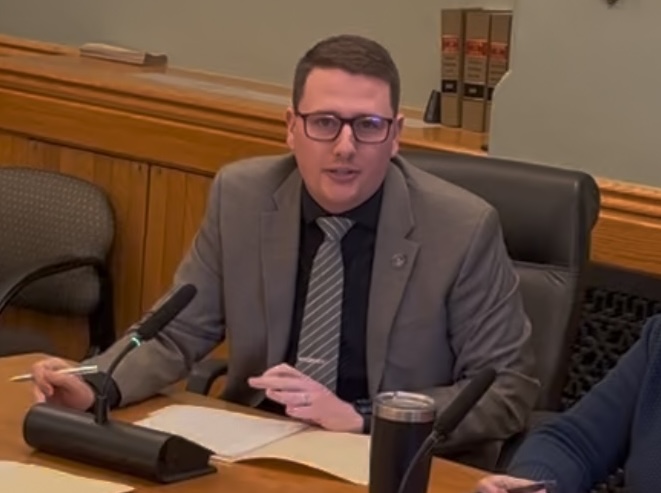Brooklyn Draisey is a Report for America corps member covering higher education for Iowa Capital Dispatch, where this article first appeared.
Iowa private college officials say a key lawmaker is threatening funding to a state tuition grant program over their opposition to allowing community colleges to offer four-year degrees.
Gary Steinke, president of the Iowa Association of Independent Colleges and Universities, said lobbyists for the association received a call last week from Republican State Representative Taylor Collins, chair of the Iowa House Higher Education Committee. Steinke said Collins told them certain Iowa lawmakers are thinking of withholding their support for funding for the Iowa Tuition Grant program, which provides financial aid to students in need who wish to attend one of the state’s private higher education institutions.
The threat stems from anger over the private institutions’ opposition to House File 2649, Steinke says. The bill would establish a pilot program in which certain community colleges could establish up to three bachelor’s degrees in specific programs.
Continue Reading...



















